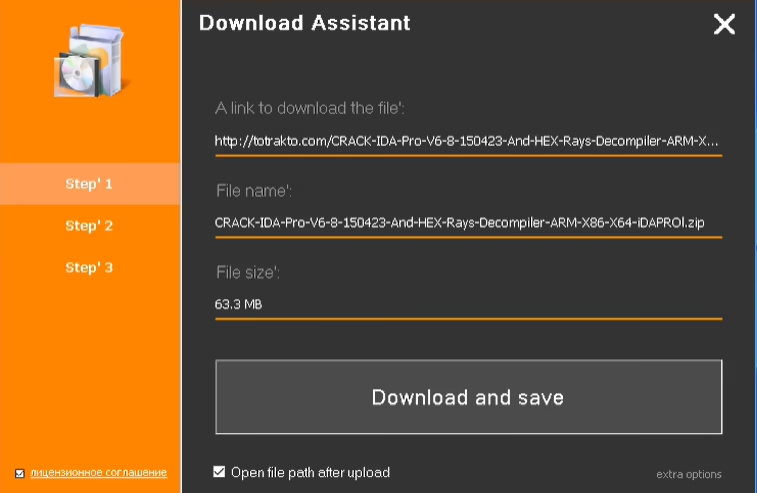Millions of Docker repos found pushing malware, phishing sites
by nlqip

Three large-scale campaigns targeted Docker Hub users, planting millions of repositories that pushed malware and phishing sites since early 2021.
As JFrog security researchers found, around 20% of the 15 million repositories hosted by Docker Hub contained malicious content, ranging from spam to dangerous malware and phishing sites.
The researchers discovered almost 4.6 million repositories containing no Docker images—which couldn’t be run using a Kubernetes cluster or a Docker engine—and linked approximately 2.81 million to three large malicious campaigns.
Each of these campaigns used different tactics to create and distribute the malicious repositories. The “Downloader” and “eBook Phishing” campaigns created fake repositories in batches, while the “Website SEO” campaign created a few repositories daily and used a single user per repository.
The “Downloader” campaign contained automatically generated texts with SEO text promoting pirated content or cheats for video games and links to the software.
“This campaign operated in two distinct rounds (circa 2021 and 2023), and both rounds used exactly the same malicious payload, a malicious executable that most antivirus engines detect as a generic Trojan,” said JFrog.
When executed, the malware payload it pushed displays an installation dialog that asks the user to download and install the advertised software. However, it will download all the malicious binaries from the offer instead and schedule their persistent execution on the now compromised system.
JFrog suspects that this may be part of a larger malware operation, which could involve adware or monetization schemes that target devices infected after installing third-party software.

The “eBook Phishing” campaign created nearly a million repositories offering free eBook downloads and containing randomly generated descriptions and download URLs. After promising a full free version of an eBook, the website redirects the targets to a phishing landing page asking them to enter their credit card information.
Unlike the previous two campaigns, the “Website SEO” campaign’s aim is unclear. While the content is mostly harmless, all repositories have the same name: “website.”
“It is possible that the campaign was used as some sort of a stress test before enacting the truly malicious campaigns,” said JFrog.
In addition to the large campaigns, smaller repositories with less than 1000 packages were created in other campaigns, primarily focusing on pushing spam and SEO content.
JFrog alerted the Docker security team of their findings, which included 3.2 million repositories suspected of hosting malicious or unwanted content. Docker has since removed all the repositories from Docker Hub.
“Unlike typical attacks targeting developers and organizations directly, the attackers in this case tried to leverage Docker Hub’s platform credibility, making it more difficult to identify the phishing and malware installation attempts,” JFrog added.
“Almost three million malicious repositories, some of them active for over three years highlight the attackers’ continued misuse of the Docker Hub platform and the need for constant moderation on such platforms.”
Source link
lol
Three large-scale campaigns targeted Docker Hub users, planting millions of repositories that pushed malware and phishing sites since early 2021. As JFrog security researchers found, around 20% of the 15 million repositories hosted by Docker Hub contained malicious content, ranging from spam to dangerous malware and phishing sites. The researchers discovered almost 4.6 million repositories containing no…
Recent Posts
- Arm To Seek Retrial In Qualcomm Case After Mixed Verdict
- Jury Sides With Qualcomm Over Arm In Case Related To Snapdragon X PC Chips
- Equinix Makes Dell AI Factory With Nvidia Available Through Partners
- AMD’s EPYC CPU Boss Seeks To Push Into SMB, Midmarket With Partners
- Fortinet Releases Security Updates for FortiManager | CISA
